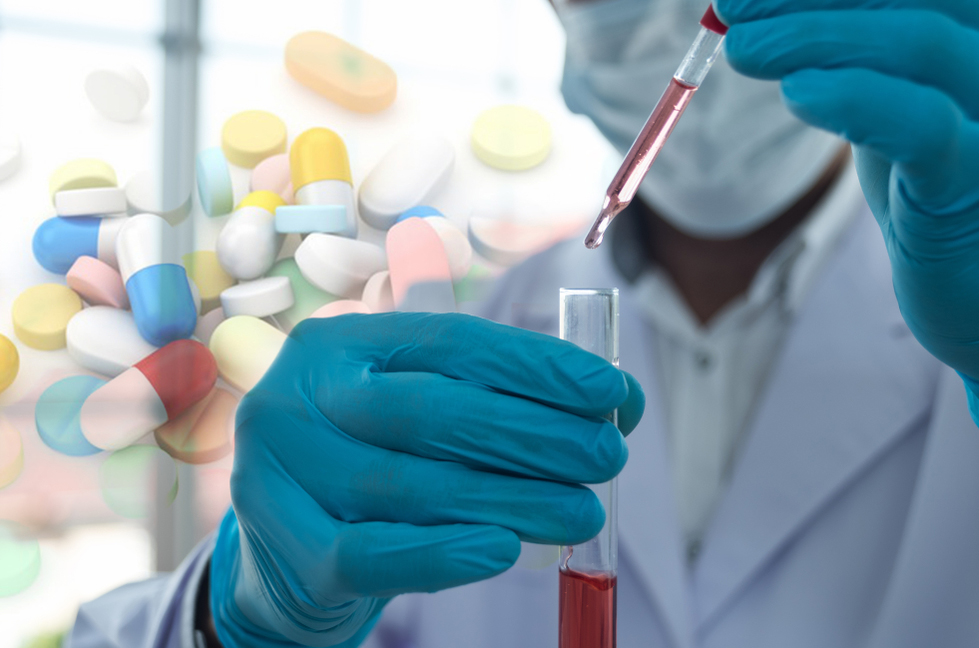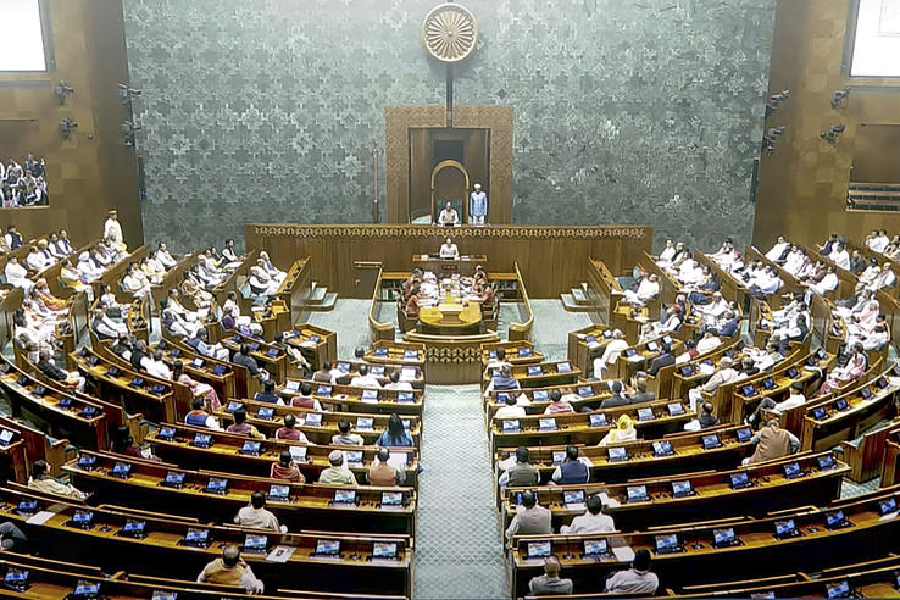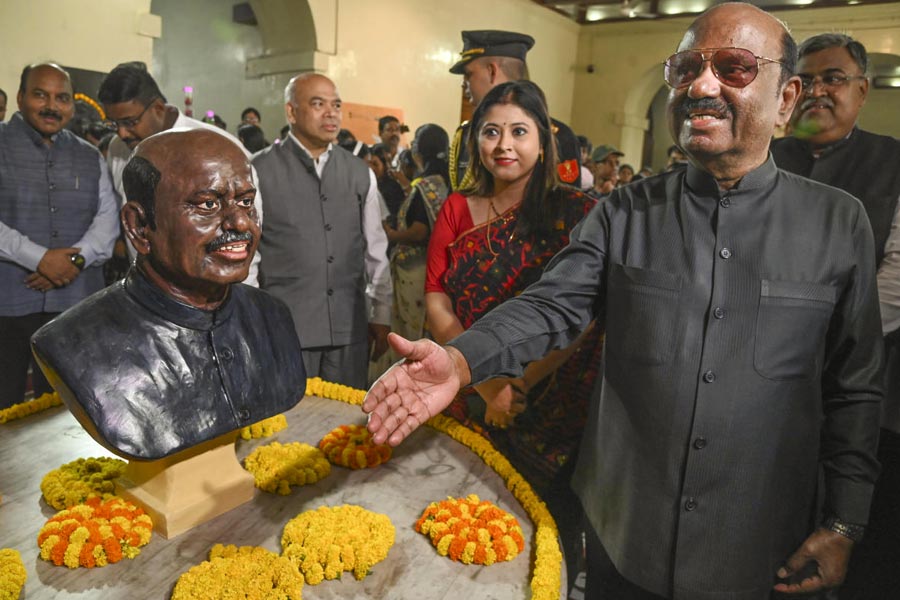Indian medical microbiologists have asked medical education regulators to modify the postgraduate MD microbiology course to build a cadre of infectious disease specialists and expand microbiologists’ role in the treatment of patients.
The Indian Association of Medical Microbiologists (IAMM) has asked the Board of Governors of the Medical Council of India to change the degree title to MD clinical microbiology and change its curriculum to enhance clinical training for microbiologists.
Doctors who complete the MD clinical microbiology course should have the clinical competence to assess, investigate, diagnose and treat any patient with an infection, including tropical infections, sepsis, community-acquired or emerging infections, the IAMM has proposed.
“The existing MD microbiology curriculum is not patient-centred — it is entirely sample-centred and laboratory-oriented,” said Raju Ravikumar, professor of neuromicrobiology at the National Institute of Mental Health and Neurosciences and a member of IAMM.
While postgraduate MD microbiology students have acquired some clinical experience during their undergraduate MBBS education, the current postgraduate course curriculum is focused on laboratory investigations and techniques with little scope for interactions with patients.
“We thus have fully-trained MBBS doctors with very limited clinical skills at the end of their MD microbiology,” said Chand Wattal, a senior microbiologist and IAMM member who helped shape the proposed modified syllabus.
“This is a colossal waste of medical talent,” Wattal told The Telegraph.
The president of the MCI’s Board of Governors Vinod Paul, a senior paediatrician and a member of Niti Aayog, the government’s apex think tank, told this newspaper on Saturday that the IAMM proposal is under consideration.
The IAMM, relying on information obtained from the MCI, estimates that about 900 doctors obtain the postgraduate MD microbiology degree every year from about 270 medical institutions and another 50 obtain the alternative postgraduate qualification called Diplomate of the National Board.
Wattal and other IAMM members have pointed out that the MD microbiology curriculum has not changed for nearly four decades and — for microbiologists — the current curriculum renders every patient into just a clinical sample.
“Without regular interactions between the treating doctors and patients, clinical correlation becomes difficult and occurs only because of a few conscientious doctors and microbiologists,” Wattal said.
Medical microbiologists also argue that expanding the direct role of microbiologists in the clinical management of patients could also help address the challenges posed by the emergence of drug-resistant microbes, particularly in hospital settings.
“Some institutions have guidelines but in many places, antibiotic decisions are taken by clinicians without adequate consultations with microbiologists,” Ravikumar said.
“The modified syllabus will hopefully enable greater interactions and formalise routine ward rounds by microbiologists.”











